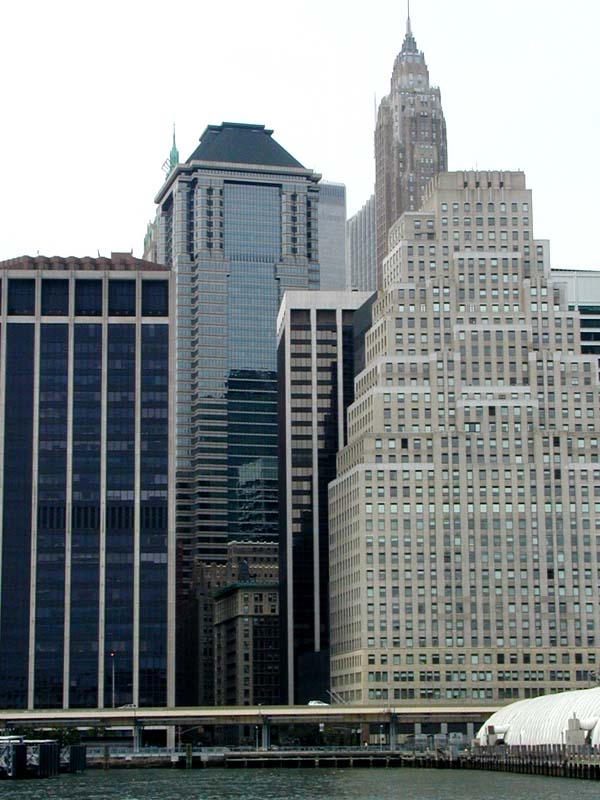


It also confronted hurdles in going public on stock markets in Shanghai or Shenzhen, where share prices have gyrated wildly.Īnd so the entrepreneurs behind Rino - Zou Dejun and his wife, Qiu Jianping - turned to Wall Street. Like many other Chinese companies, Rino faced obstacles in borrowing money from the state-owned banks that dominate the country’s economic life.
WALL STREET SHUFFLE TIOUC PLUS
Driving this growth have been companies like Rino, whose name means “green promise” in Chinese.įor international investors, Rino was an alluring equation: “China” plus “environment” equals profit. The bang and hum of factory work rises from workshops.ĭalian, a seaport city in northeastern China with a population of about six million, in recent years has developed into a fast-growing hub of machine manufacturing, petrochemicals, oil refining and electronics. Inside, workers load steel beams onto trucks. A guard stands watch at the gated entrance. The company resides in a bland corporate park that is home to a number of other Chinese businesses. There is not much to see outside the headquarters of Rino International here. Executives at Rino International, which is based here in Dalian and makes industrial pollution control systems, declined to comment, beyond saying that it is conducting business as usual. Rino has been accused of creating phony business contracts and wildly inflating its sales, among other things. “They said they did due diligence but were fooled - but they weren’t doing any solid due diligence.” Wall Street didn’t do its homework, he says. Rosen, whose law firm has filed a class-action suit against Rino International, says Rino’s bankers failed investors. Shares of Rino, which were flying high at $35 in 2009, have been removed from the exchange. The shares of at least 19 of them have been suspended or delisted by Nasdaq, wiping out billions of dollars in stock market value.

But the developments underscore fundamental questions that came to the fore in the financial crisis: What do the people who create and sell investments owe to those who buy the investments? And where, if anywhere, are the regulators?ĭozens of Chinese companies that, like Rino, entered the United States market via reverse mergers have since been accused of fraud or shoddy accounting. Madoff and the sins of the subprime era, the supposed shenanigans of a few Chinese companies might seem like small beer. Should it be the Chinese executives and their bankers, who engineered the deals and celebrated these companies? Or should it be the investors, who bought these stocks when, in hindsight, the risks seemed clear enough? The lawsuits are flying. They bought American companies that were merely shells and assumed those companies’ stock tickers - sort of the Wall Street equivalent of “Invasion of the Body Snatchers.” The strategy let them avoid reviews with state and federal regulators that are normally required for initial public stock offerings.Īt issue now is who should bear responsibility for the bursting of yet another Wall Street bubble. With bankers’ help, the Chinese companies executed what are known as reverse mergers. Before long, many were trading on the Nasdaq stock market, alongside the likes of Google. With some deft financial maneuvers, these businesses essentially went public while sidestepping the usual rules. How companies like Rino wormed their way into the temples of American capitalism is a story for these financial times.Įven amid the wreckage of the 2007-8 financial collapse, an ecosystem of Wall Street enablers - bankers, lawyers, entrepreneurs, auditors - spirited Chinese companies to the United States.


 0 kommentar(er)
0 kommentar(er)
